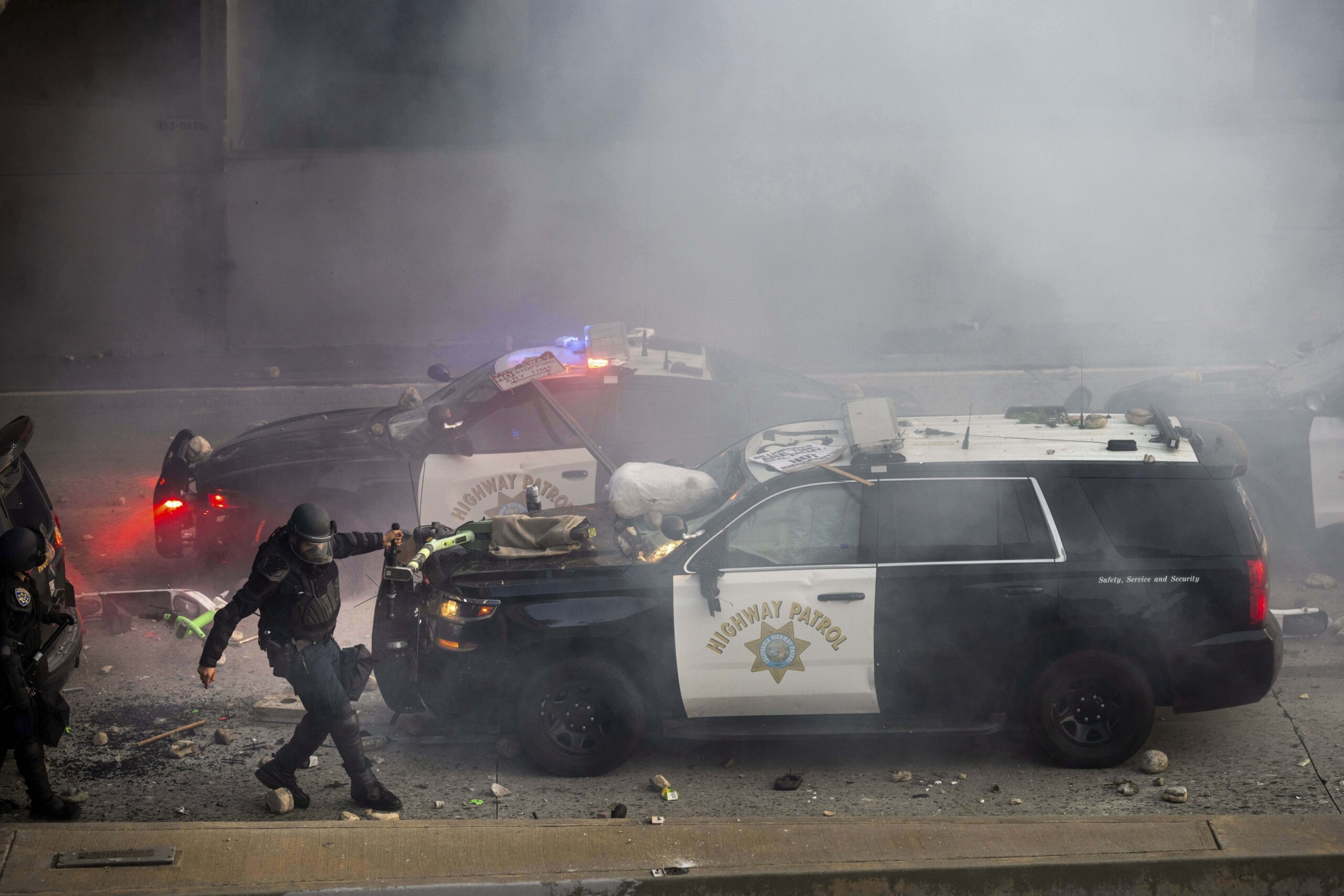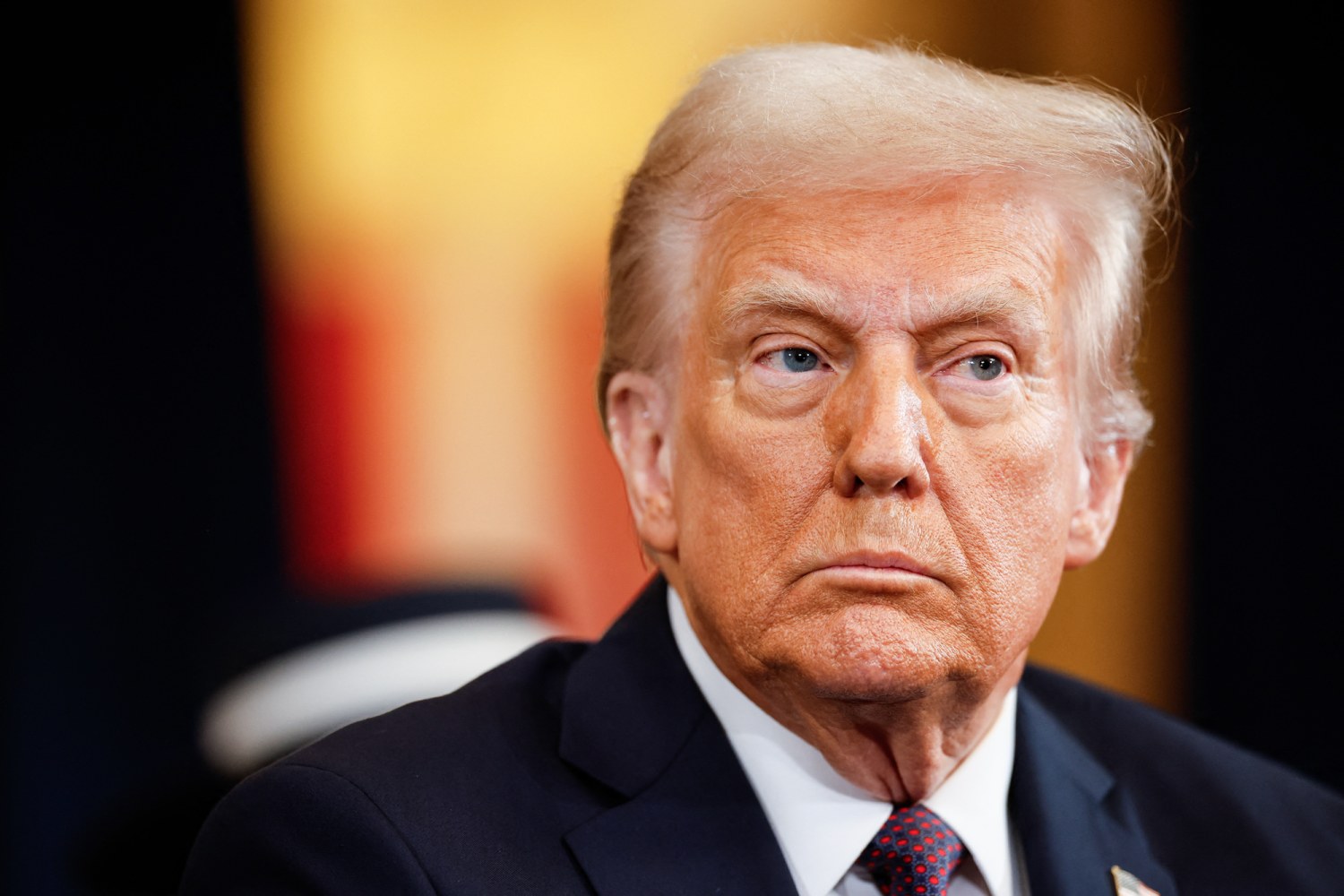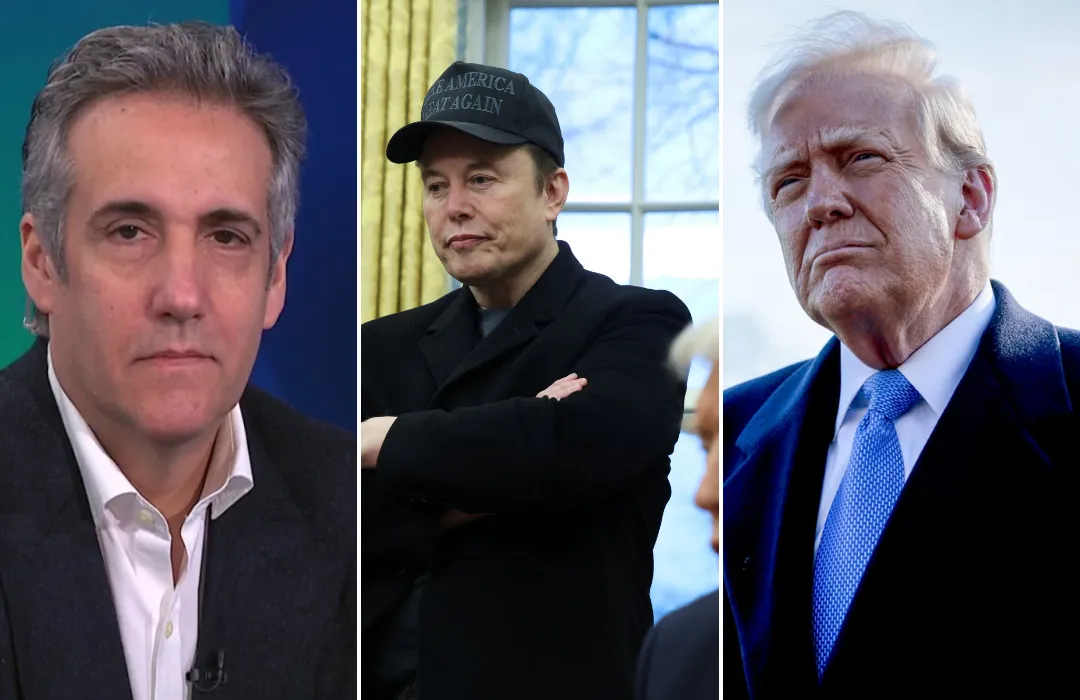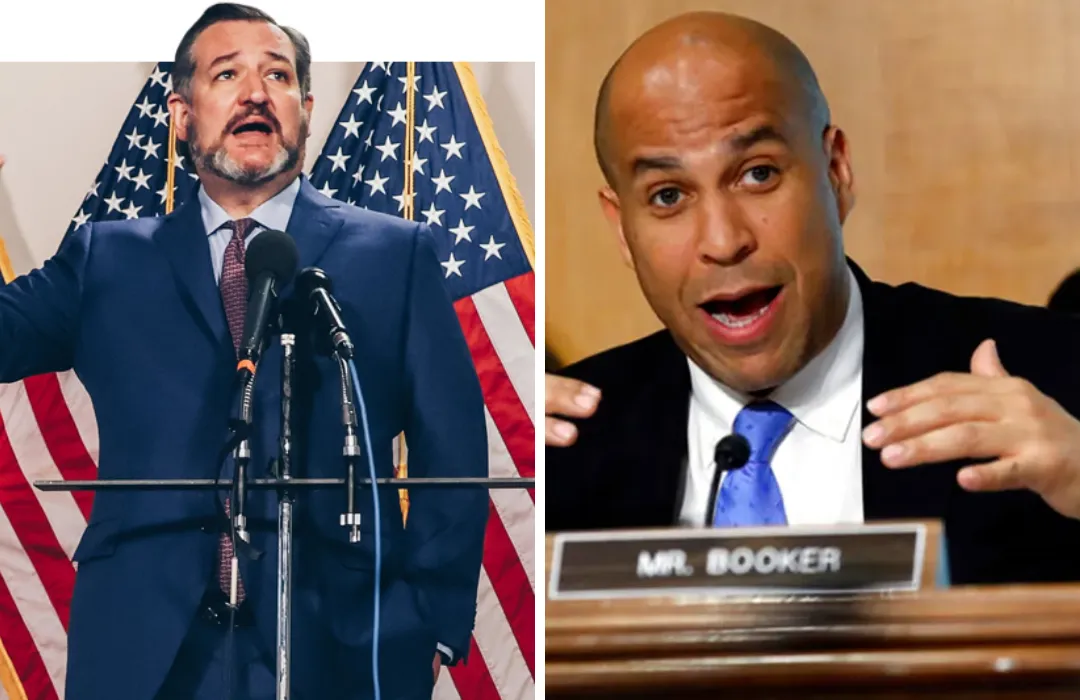In a move that has ignited fresh tensions between federal authorities and local officials, the U.S. Department of Justice filed a high-profile lawsuit against the city of Los Angeles on Monday, accusing the city of illegally obstructing federal immigration enforcement efforts and inciting unrest through its sanctuary city policies.
The lawsuit comes in the aftermath of a week of violent demonstrations that engulfed Los Angeles following a series of controversial Immigration and Customs Enforcement (ICE) raids across the city, leading the Trump administration to deploy both the National Guard and U.S. Marines to contain the chaos and protect federal agents.
The legal complaint, submitted in federal court, is framed as a response to what the Department of Justice describes as “deliberate non-cooperation” by city officials, including policies that allegedly hamper federal efforts to detain and deport undocumented immigrants.
“The challenged law and policies of the City of Los Angeles obstruct the Federal Government’s enforcement of federal immigration law and impede consultation and communication between federal, state, and local law enforcement officials that is necessary for federal officials to carry out federal immigration law and keep Americans safe,” the DOJ asserted in the formal filing.
The Justice Department further invoked the U.S. Constitution’s Supremacy Clause to argue that Los Angeles, by pursuing policies that defy federal law, is overstepping its jurisdiction.
“The Supremacy Clause prohibits the City of Los Angeles and its officials from singling out the Federal Government for adverse treatment—as the challenged law and policies do—thereby discriminating against the Federal Government,” the DOJ wrote. The suit demands that the city’s sanctuary laws be declared invalid and that a federal injunction be issued to prevent their enforcement going forward.
The lawsuit lands just days after federal immigration agents carried out a sweeping operation across Los Angeles, targeting undocumented immigrants suspected of overstaying visas or committing other violations.
The operation sparked widespread protests, some of which escalated into full-scale riots, with protesters clashing violently with ICE agents and FBI personnel.
Federal vehicles were vandalized, offices were graffitied, and agents reported being assaulted with bottles and other projectiles. In response, President Donald Trump approved the deployment of both National Guard troops and a detachment of Marines to reestablish order, with a particular focus on protecting federal facilities and personnel.
The enforcement actions, which took place at more than a dozen sites, included high-profile raids at two Home Depot stores—locations believed to be known gathering points for undocumented day laborers—as well as a massive operation at Ambient Apparel, a clothing manufacturer headquartered in the city’s busy fashion district.
Additional activity was reported across downtown, as well as in neighborhoods such as Westlake, Cypress Park, and the embattled Skid Row area, which has long struggled with homelessness and undocumented populations.
Los Angeles Mayor Karen Bass, a Democrat and longtime supporter of immigrant rights, responded with outrage. In a post on X (formerly Twitter), she said: “This morning, we received reports of federal immigration enforcement actions in multiple locations in Los Angeles. As mayor of a proud city of immigrants, who contribute to our city in so many ways, I am deeply angered by what has taken place.”
Her message immediately set off a political firestorm, as critics accused her of siding with lawbreakers over federal law enforcement.
“These tactics sow terror in our communities and disrupt basic principles of safety in our city,” she continued. “My office is in close coordination with immigrant rights community organizations. We will not stand for this.”
The mayor’s tone and words have only intensified the scrutiny now facing Los Angeles from federal authorities, who argue that her administration’s resistance emboldened protests and indirectly contributed to the outbreak of violence.
The protests began as peaceful demonstrations but quickly deteriorated into violent confrontations, with videos circulating online showing ICE agents surrounded by angry crowds and forced to retreat under police escort.

Law enforcement officials from the LAPD were notably absent or appeared hesitant to engage, fueling accusations that the city deliberately allowed federal agents to face public wrath without adequate support.
Attorney General John Durham, speaking at a press briefing Monday, did not mince words. “This is not about politics. This is about the rule of law,” Durham said.
“No city has the right to shield individuals from federal law enforcement. Los Angeles cannot be allowed to operate as a lawless zone where federal officers are harassed, attacked, or obstructed while carrying out their lawful duties.”
Civil rights groups have rallied behind the city’s stance, accusing the federal government of targeting immigrant communities and using militarized tactics that traumatize families and children.
“This is a coordinated attempt to demonize immigrants and paint our communities as violent and dangerous,” said Estella Ramos, a spokesperson for the Southern California Immigrant Defense Network. “These raids were designed to provoke fear and resistance, and now the administration is using the resulting backlash as an excuse to punish Los Angeles.”
The American Civil Liberties Union (ACLU) has also signaled its intent to file an amicus brief supporting the city, arguing that local autonomy must be respected, especially when federal policies are viewed as discriminatory.
“The federal government cannot coerce local governments into becoming tools of an immigration enforcement regime that violates human rights and basic decency,” said ACLU attorney Jordan Clay.
But supporters of the DOJ’s position argue that sanctuary policies, while well-intentioned, have spiraled out of control. “It’s one thing to say you want to protect nonviolent individuals from deportation. It’s another thing entirely to obstruct federal officers, harbor fugitives, and publicly denounce ICE while refusing to cooperate in criminal cases,” said Thomas Carver, a retired DHS official who once oversaw operations in the Los Angeles region. “The city has crossed a line, and they’re about to learn the consequences.”

Political observers note that this lawsuit could become a defining case in the ongoing battle between states’ rights and federal supremacy. Los Angeles is not the first sanctuary city to be targeted by the Trump administration, but it is the largest—and arguably the most symbolically significant.
A victory for the DOJ would set a powerful precedent that could ripple across the country, forcing other cities like San Francisco, New York, and Chicago to reconsider their own sanctuary laws.
California Governor Gavin Newsom has condemned the DOJ’s actions as an overreach, saying in a statement: “This is a grotesque misuse of federal power to bully and intimidate local leaders who are doing their best to protect vulnerable communities.”
Yet, legal experts are divided on how the courts will interpret the Supremacy Clause in this context, especially given the ongoing political volatility and the potential involvement of the U.S. Supreme Court should the case be appealed.
Meanwhile, residents in Los Angeles remain deeply divided. Some see the federal raids as necessary steps to uphold the law and protect public safety, especially in communities plagued by gang violence and human trafficking.
Others view the operations as racially motivated incursions that erode trust in law enforcement and terrorize hardworking immigrant families. “They came into our community like we were criminals,” said Diego Hernández, a construction worker and father of three. “My kids cried when they saw men with guns dragging people away.”
The conflict is already beginning to reshape the political landscape ahead of the 2026 midterm elections. Conservative politicians are seizing the moment to highlight what they call the “chaos of sanctuary cities,” while progressives are rallying around Los Angeles as a model of resistance to what they claim are draconian federal policies.
As legal proceedings move forward, the city is expected to mount a vigorous defense, likely arguing that its sanctuary policies are grounded in constitutional rights to free association, local control over policing, and the protection of vulnerable populations.

But with military forces now stationed across the city and tensions still high after a week of confrontation, the battle over immigration in Los Angeles is far from over.
The outcome of this lawsuit could redefine how immigration laws are enforced across the United States—and how far a city can go to protect those who call it home.
In the meantime, federal agents remain on alert, protesters continue to gather in defiance, and Los Angeles finds itself caught in a firestorm where local ideals, constitutional interpretations, and federal authority collide with explosive consequences.





